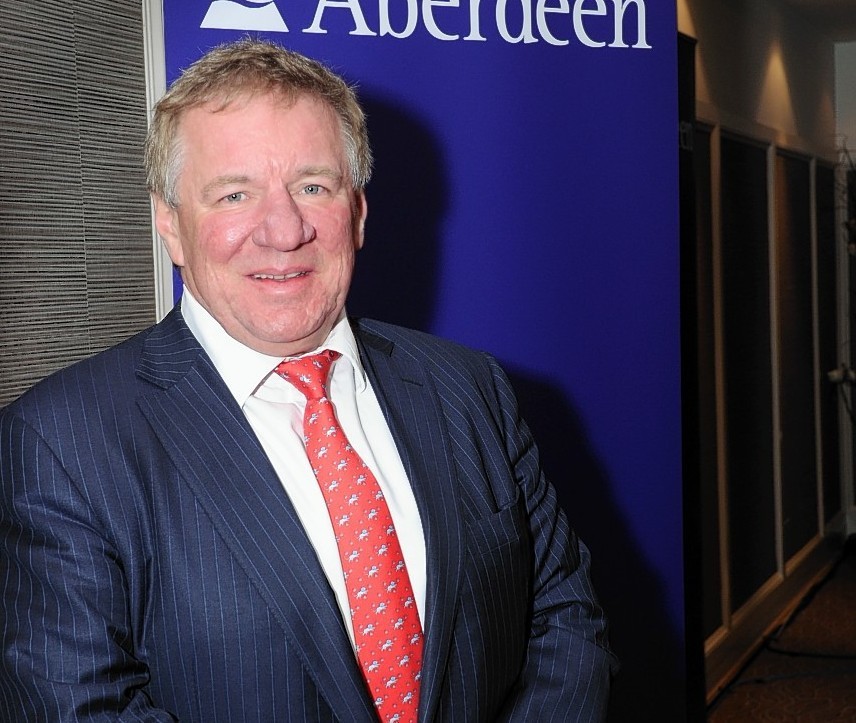Since I started work 36 years ago, the way that businesses communicate has changed markedly. In 1978, fax machines were the pinnacle of innovation and most communication was through face-to-face meetings, telephone calls or letters. It was probably even too early for e-mail and mobile phones to be featured on television programmes like Tomorrow’s World.
Change has not been limited to the way we communicate of course. The chequebook, a once essential item, is becoming obsolete. Online payments and debit and credit cards even seem to be usurping cash. The Halifax recently noted that cash now makes up just 17% of its customers’ transactions while cheques made up less than 2%.
Successful businesses both harness new technology and can emerge from it. The invention of barcodes meant people could shop far more quickly and, indeed, it is hard to imagine how a supermarket could succeed without them now. Video conference calls mean you can see and speak to people from the four corners of the world using a little black box that fits in your pocket, a feat science fiction writers of old would have been proud of. Changing technology creates new opportunities too. And Google and Facebook, the two titans of the modern technology economy, exist only because the internet was invented first.
It can seem like the pace of innovation, particularly in the way we communicate, is ever quickening. Aberdeen Asset Management’s graduate recruitment programme means we are fortunate to be surrounded by many bright young people. While they look to their managers and senior colleagues for help as they embark on their careers it is also an opportunity to learn from them. We are harnessing innovative ideas from our younger colleagues to ensure that they can directly influence our business and the way we develop ideas internally. They communicate completely differently to how I did 35 years ago.
They also consume information, goods and services differently. Twitter, Facebook and Apps did not exist a decade ago and are vital to younger generations now but what will they use tomorrow?
Businesses certainly cannot ignore new technology and need to embrace it in order to continue to meet the needs of clients and to grow. Technology often succeeds because it makes a process or product simpler, cheaper or better understood.
The point is that our customers of tomorrow will expect us to make the best use of technology. Regardless of whether businesses and their managers are new or old dogs, they need to learn new tricks.
Young graduates have to work hard to make their resumes stand out in an increasingly global recruitment marketplace. This month sees the launch of the 2015 Aberdeen Asset Management Thomas Blake Glover scholarship, where students of Scottish birth, descent or long-term residency can apply for the opportunity to study Japanese in Tokyo next summer. Opportunities like this are invaluable in positioning new entrants to the workplace as globally mobile and willing to learn.
Giancarlo Bell, 19, who is studying medicine at Glasgow University was the recipient of the 2014 scholarship. He says that the scholarship afforded him a life changing opportunity. And, while he will remember the trip and the friends he made, he knows it’s the skills and understanding of Japanese culture that he will build on for the rest of his career.
The scholarship is intended to build on Scotland’s historic links with Japan and in particular the role that north-east born Thomas Blake Glover played in opening Japan up to the West. The scholarship aims to recognise his successes by providing young Scots with the opportunity to learn about business and culture in the world’s third largest economy.
